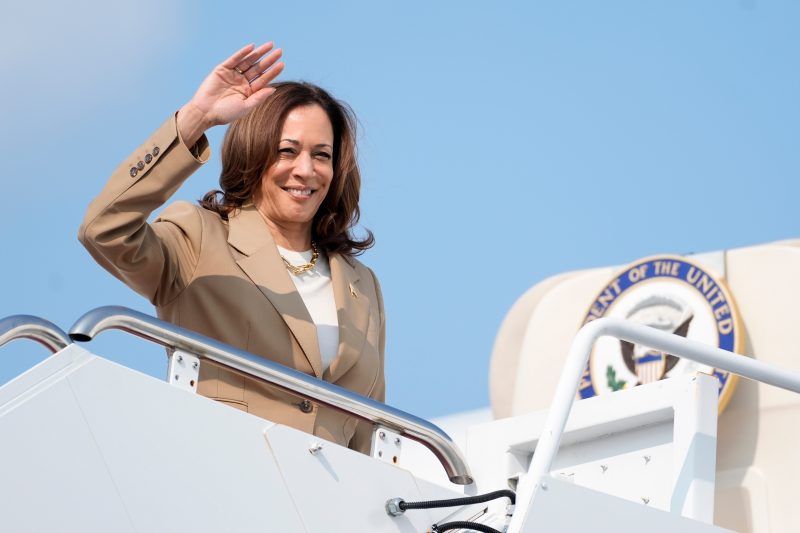Kamala Harris Raises $200 Million in Less Than a Week: The Power of Grassroots Fundraising
In the realm of political campaigns, fundraising plays a crucial role in shaping the outcome of elections. It is a barometer of public support, a means to disseminate a candidate’s message, and a sign of financial prowess and viability. Recently, Kamala Harris, the Vice President of the United States, managed to raise a staggering $200 million in less than a week. This extraordinary feat highlights the power of grassroots fundraising, digital engagement, and the evolving landscape of political finance.
Grassroots fundraising, as exemplified by Harris’s achievement, relies on gathering small donations from a wide base of supporters rather than seeking large sums from a select few. This approach democratizes the fundraising process, allowing individuals from diverse backgrounds to contribute to a campaign and feel invested in its success. By tapping into the enthusiasm and generosity of everyday Americans, candidates like Harris can amplify their reach, build a dedicated supporter base, and challenge well-established rivals.
One of the key factors that enabled Harris to raise such a substantial amount in a short period is the utilization of digital platforms and online networks. In today’s digital age, social media, crowdfunding websites, and email campaigns have revolutionized the way candidates connect with donors and solicit contributions. By leveraging these tools effectively, Harris was able to engage with millions of potential supporters, spread awareness about her campaign, and prompt individuals to donate through convenient and secure online channels.
Moreover, the success of Kamala Harris’s fundraising efforts underscores the changing dynamics of political finance. In the past, campaigns often relied on donations from wealthy individuals, corporate entities, and political action committees (PACs), leading to concerns about undue influence, corruption, and elitism in the electoral process. However, the rise of grassroots fundraising has provided candidates with an alternative pathway to financial support, reducing their dependence on big donors and fostering a more inclusive and transparent funding model.
Despite the impressive fundraising haul, Kamala Harris’s achievement also raises important questions about the role of money in politics and its impact on democratic principles. While financial resources are essential for running a competitive campaign, excessive fundraising can lead to a concentration of power in the hands of a few mega-donors, overshadowing the voices of ordinary citizens and distorting the political landscape. Thus, as candidates continue to break fundraising records, it is imperative to maintain a balance between fundraising goals and ethical considerations to uphold the integrity and fairness of the electoral system.
In conclusion, Kamala Harris’s remarkable success in raising $200 million in less than a week exemplifies the growing influence of grassroots fundraising, digital engagement, and the changing nature of political finance. By harnessing the power of small donations, online networks, and inclusive fundraising strategies, candidates like Harris can mobilize widespread support, amplify their message, and challenge traditional fundraising norms. As we navigate the complexities of campaign finance in the digital era, it is essential to ensure that fundraising practices uphold democratic values, promote transparency, and empower all individuals to participate in the political process.
